精選課程
閱讀更多

探討 Layer 解決方案 - Manta Network (MANTA)
中級
9 課時
1 個學員
探討 Layer 解決方案 - Manta Network (MANTA)
探討 Layer 解決方案 - Manta Network (MANTA)
本課程將深入探討 Manta Network,這是一個利用零知識(ZK)技術專注於隱私和可擴展性的區塊鏈項目。學員將全面了解該網絡的功能、產品和生態系統。

巧用均線、趨勢線及指標,提升交易勝率
閱讀更多
按照主題進行學習
最新課程
閱讀更多

現貨網格使用指南
新手
5 課時
2 個學員
現貨網格用戶指南
現貨網格用戶指南
現貨網格是一種無需預測市場走勢、依賴價格波動進行套利的被動量化交易策略,特別適用於加密市場常見的震盪行情。通過設定價格區間並劃分為多個網格,系統自動在每個網格內掛出買賣單,實現「低買高賣」反覆套利。
其核心優勢包括:自動化運行:策略啟動後全天候執行,無需盯盤;分散風險:多點掛單,避免單價押注風險;行情適配性強:特別適合震盪市和高波動資產;平台支持強大:Gate 平台提供 AI 推薦、複製策略、移動網格、利潤復投等多項增強功能,極大提升策略效率與靈活性
但策略同樣存在局限,如單邊行情風險、手續費侵蝕和資金利用效率問題。因此,合理設置參數、控制風險、搭配趨勢工具,是提升現貨網格實戰效果的關鍵。
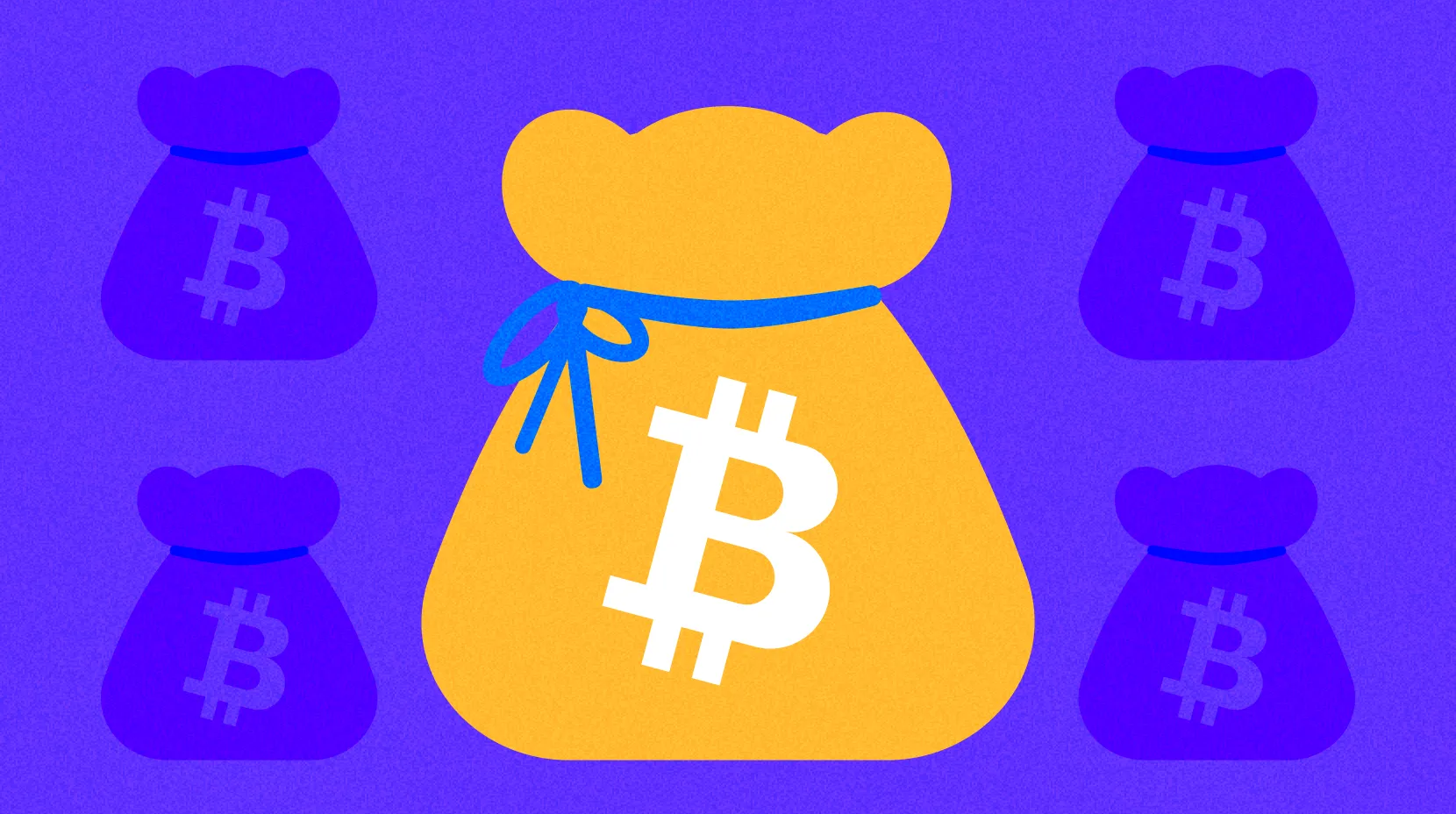
比特幣原生收益與 BitVMX 支援的 Layer 2 解決方案簡介
中級
5 課時
2 個學員
比特幣原生收益與 BitVMX 所驅動的 Layer 2 解決方案簡介
比特幣原生收益與 BitVMX 所驅動的 Layer 2 解決方案簡介
直到最近,Bitcoin 一直被視為一種價值儲藏工具,是僅用來持有而非實際運用的資產。收益、可組合性與智慧合約執行,一直被認為是 Ethereum 及其他可編程區塊鏈才有的專屬功能。然而到了 2025 年,這一切已經發生改變。像 BitVMX 這類新型計算框架,現已讓 Bitcoin 能夠支援 Layer-2 網路、本地 DeFi 和收益產生,同時毋須更動比特幣的核心共識機制。本課程將為您解析其運作原理。

流動性再質押 2.0 簡介與 LRT/LST-Fi 熱潮
中級
5 課時
0 個學員
流動性再質押 2.0 簡介與 LRT/LST-Fi 熱潮
流動性再質押 2.0 簡介與 LRT/LST-Fi 熱潮
Liquid Restaking 2.0 正在重新定義區塊鏈網路在安全性、資本運用與實用性三者間的協調方式。這項機制以 EigenLayer 首創的以太坊再質押架構為基礎,並透過 Liquid Restaking Tokens(LRTs)及 Liquid Staking Tokens(LSTs)進一步擴展,從而孕育出嶄新的金融層。本課程將深入解析 LRT 與 LST 如何奠定模組化 DeFi 堆疊的基礎,推動可編程收益、可組合的安全性,以及跨鏈與服務之共享基礎設施的落實。
閱讀更多
最新文章
閱讀更多
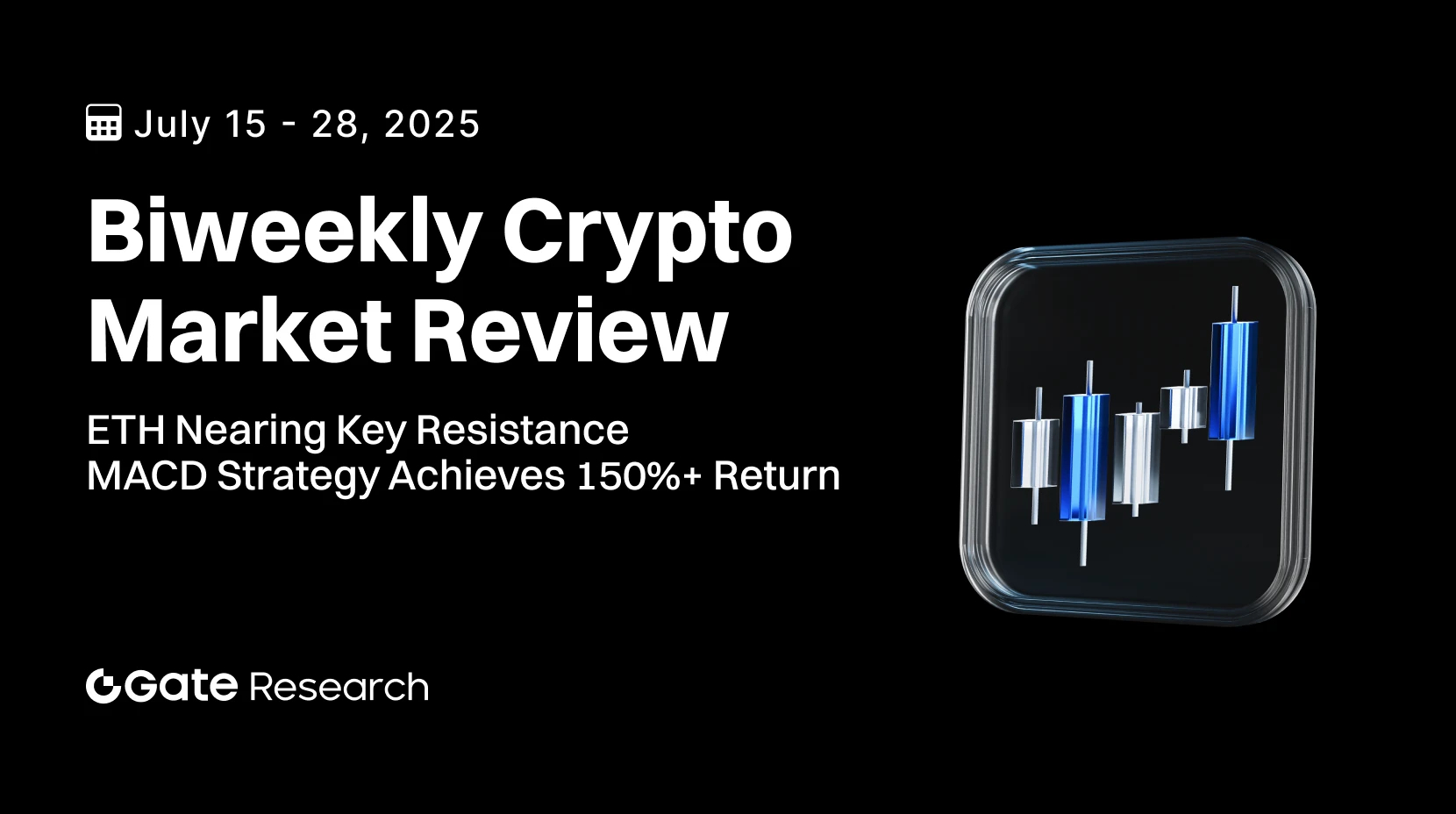
進階
Gate 研究院:ETH 積極攻克重要整數價位,MACD 趨勢策略創下超過 150% 報酬
Gate 研究院報告指出,2025 年 7 月 15 日至 7 月 28 日期間,加密市場整體維持偏多趨勢。BTC 處於高檔震盪且結構穩健,ETH 則穩健上漲,逼近 4,000 USDT,短線走勢相對強勢。波動率方面,BTC 表現平穩,ETH 波動擴大,顯示市場分歧升溫。多空比及資金費率回落至偏中性保守區間,持倉金額持續處於高檔,ETH 槓桿成長幅度更為明顯。爆倉結構整體維持理性,7 月 23 日多頭爆倉金額達 6.3 億美元,反映高檔洗盤釋放動能。量化策略部分,MACD 趨勢策略於 SUI 幣種實現超過 150% 收益,展現良好的短線交易潛力。
8/1/2025, 7:13:18 AM
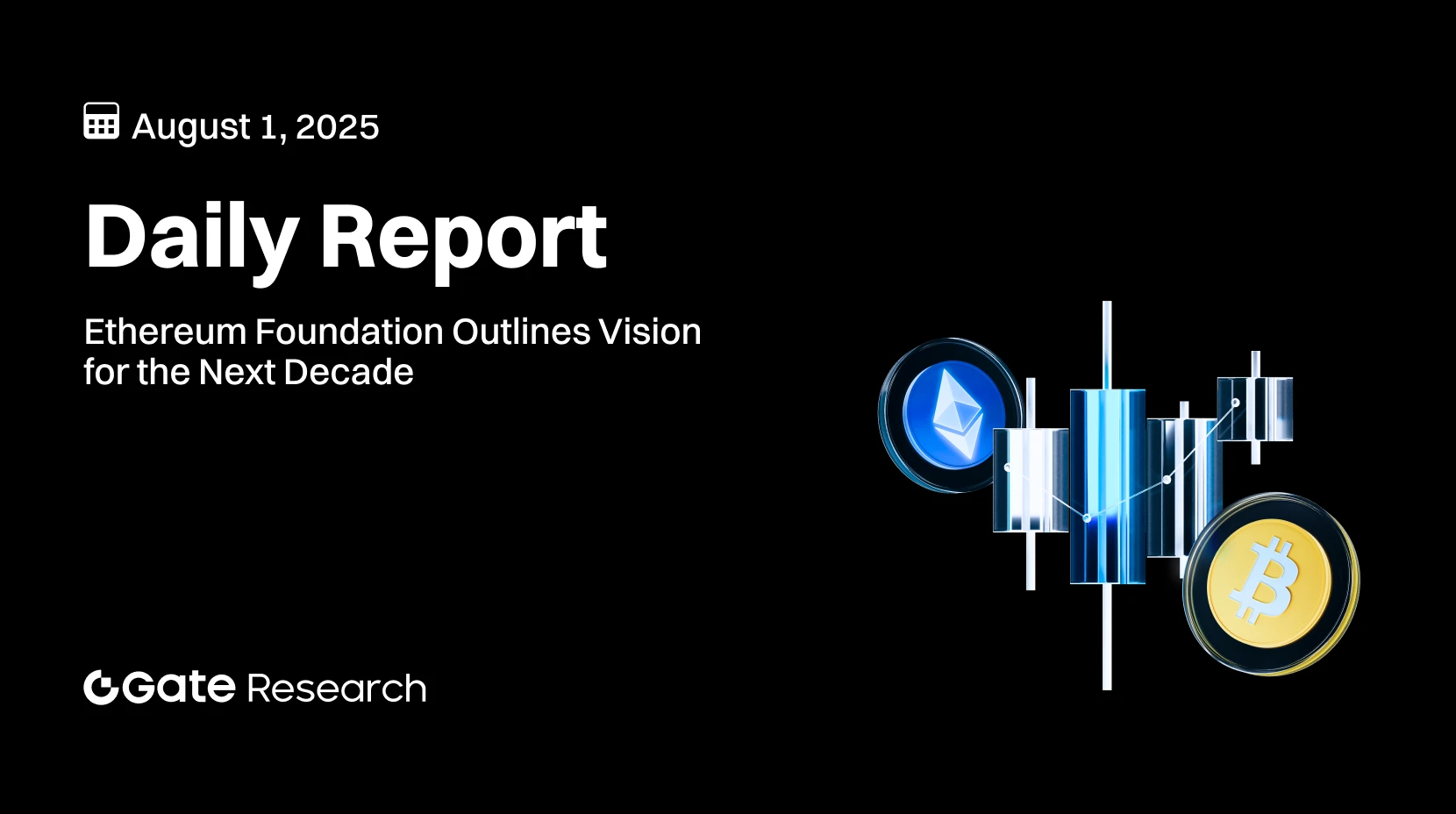
進階
Gate 研究院:以太坊基金會概述未來十年發展藍圖|SEC 宣布啟動「Project Crypto」計畫
Gate 研究院日報:8 月 1 日,BTC 在過去 24 小時內下跌約 2.10%,形成看跌 K 線形態,下影線反映低位買盤支撐力有限。ETH 在過去 24 小時內價格下跌約 3.79%,RSI 為 69.8,接近超買區,顯示短期內可能出現回調。以太坊基金會(EF)官網今日發佈題為「lean Ethereum」的文章,由 EF 研究員 Justin Drake 撰寫,概述以太坊未來十年的發展藍圖。SEC 主席 Paul Atkins 近日發表演說,宣布啟動名為「Project Crypto」的專案級委員會倡議。以太坊基礎設施協議 Puffer Finance 宣布 Puffer UniFi AVS 已完成升級。
8/1/2025, 6:57:58 AM
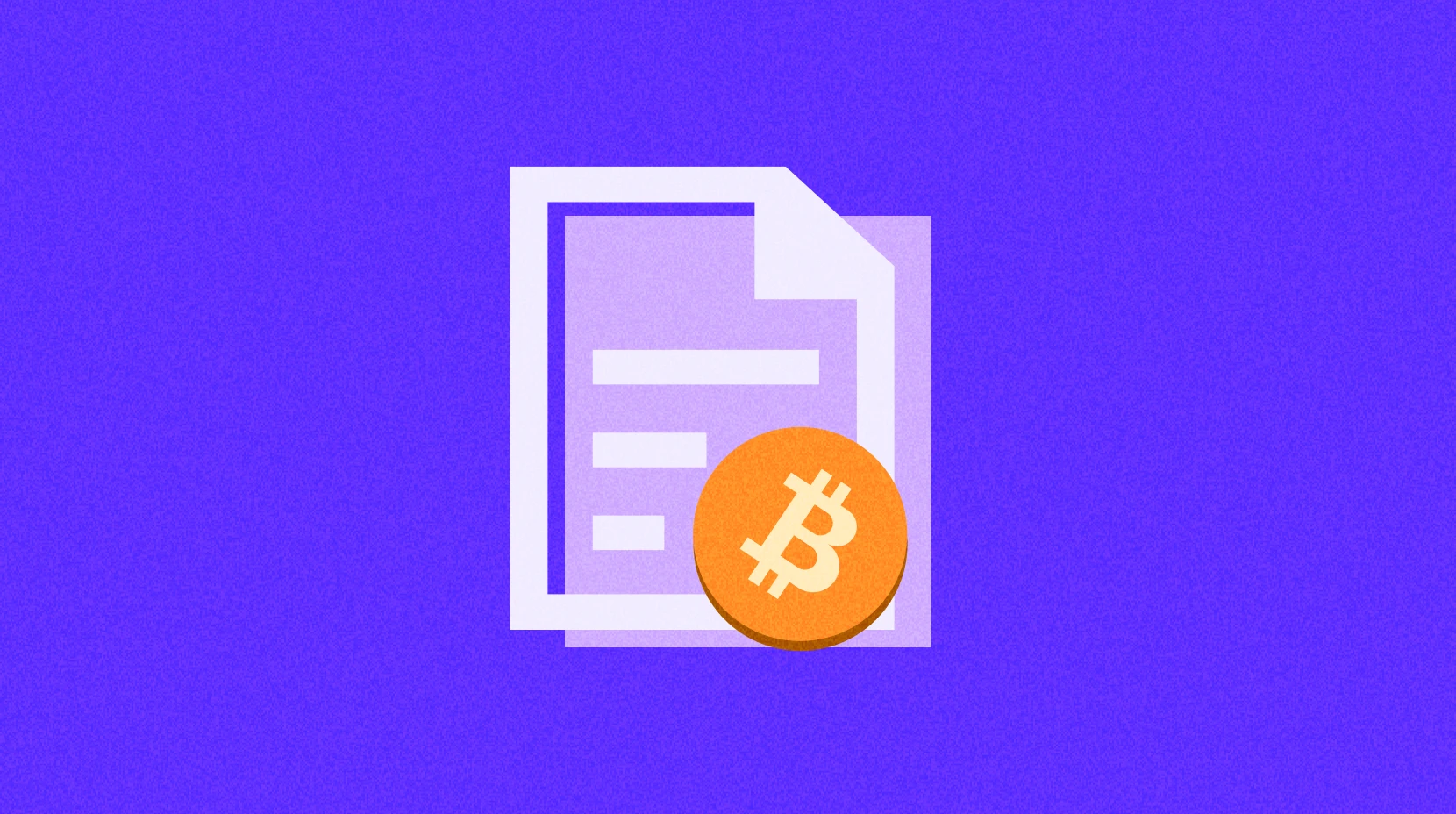
中級
白宮即將發佈加密報告,美國政府持有的比特幣資產是否將全部揭露?
本文深入剖析即將發布的白宮首份數位資產政策報告,全面系統梳理特朗普政府對加密產業的監管立場與戰略方向,同時聚焦穩定幣、銀行准入、國家安全、監管邊界等核心議題,明確解析政策訊號及立法進程的變化。文章也針對「美國政府持有多少比特幣」這一敏感話題,結合 FOIA 資料與市場傳聞,深入解析政府比特幣儲備之謎,引發產業對透明度與戰略儲備的熱烈討論。對於關注監管方向、比特幣價格與機構動態的專業讀者而言,本篇深度觀察絕對值得關注。
8/1/2025, 4:16:06 AM
閱讀更多
最新研究
閱讀更多

進階
Gate 研究院:ETH 積極攻克重要整數價位,MACD 趨勢策略創下超過 150% 報酬
Gate 研究院報告指出,2025 年 7 月 15 日至 7 月 28 日期間,加密市場整體維持偏多趨勢。BTC 處於高檔震盪且結構穩健,ETH 則穩健上漲,逼近 4,000 USDT,短線走勢相對強勢。波動率方面,BTC 表現平穩,ETH 波動擴大,顯示市場分歧升溫。多空比及資金費率回落至偏中性保守區間,持倉金額持續處於高檔,ETH 槓桿成長幅度更為明顯。爆倉結構整體維持理性,7 月 23 日多頭爆倉金額達 6.3 億美元,反映高檔洗盤釋放動能。量化策略部分,MACD 趨勢策略於 SUI 幣種實現超過 150% 收益,展現良好的短線交易潛力。
8/1/2025, 7:13:18 AM

進階
Gate 研究院:以太坊基金會概述未來十年發展藍圖|SEC 宣布啟動「Project Crypto」計畫
Gate 研究院日報:8 月 1 日,BTC 在過去 24 小時內下跌約 2.10%,形成看跌 K 線形態,下影線反映低位買盤支撐力有限。ETH 在過去 24 小時內價格下跌約 3.79%,RSI 為 69.8,接近超買區,顯示短期內可能出現回調。以太坊基金會(EF)官網今日發佈題為「lean Ethereum」的文章,由 EF 研究員 Justin Drake 撰寫,概述以太坊未來十年的發展藍圖。SEC 主席 Paul Atkins 近日發表演說,宣布啟動名為「Project Crypto」的專案級委員會倡議。以太坊基礎設施協議 Puffer Finance 宣布 Puffer UniFi AVS 已完成升級。
8/1/2025, 6:57:58 AM
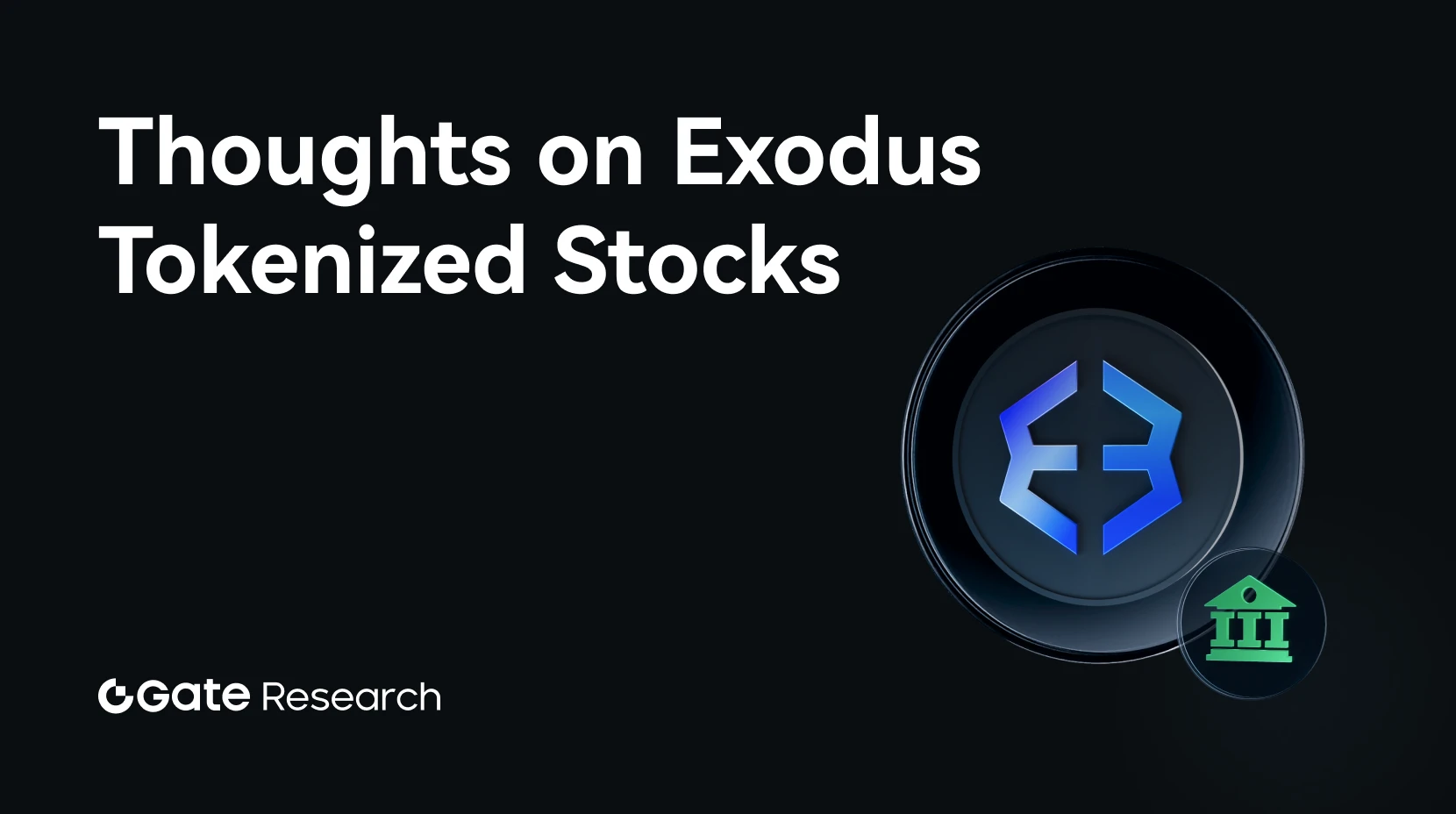
進階
Gate 研究院:探討 Exodus 在區塊鏈上發行代幣化股票的相關議題
Gate 研究院最新發布的《關於 Exodus 在鏈上發行代幣化股票的思考》,深入剖析 Exodus 公司以區塊鏈發行代幣化股票的創新實踐,從技術、監管與市場等多元角度全面探討。Exodus 善用 Algorand 公鏈的高效能與便捷資產創建機制,成功將自家股票代幣化,並於 2024 年 12 月獲得美國證券交易委員會(SEC)批准轉板至紐約證券交易所,顯著提升資產流動性。報告指出,2025 年股票代幣化敘事熱潮的爆發,源於美國加密友好政策的推動,非加密產業上市公司未來有機會透過代幣化融資吸引全球資金。Exodus 案例不僅驗證技術與監管的可行性,更揭示上市公司運用區塊鏈增發融資的巨大潛力,為傳統企業與區塊鏈結合開闢嶄新道路。
7/31/2025, 9:09:03 AM
閱讀更多
行話
閱讀更多
Fiat Currency
It is the lawful currency issued by the central bank of a country, such as Chinese Yuan, US Dollar, and Japanese Yen.
Smart Contract
First proposed by Nick Szabo in the 1990s, it is a kind of computer protocol aiming at disseminating and verifying contracts.
Metaverse
“Metaverse” is made up of two parts: “Meta”, which means “transcendent” and “Verse”, which means “universe”.
FOMO-Fear of Missing Out
FOMO, short for fear of missing out, refers to the emotion of fear of missing out and suffering from gains and losses.




行話
Fiat Currency
It is the lawful currency issued by the central bank of a country, such as Chinese Yuan, US Dollar, and Japanese Yen.
閱讀更多
訂閱我們,換個角度,讀懂加密世界

